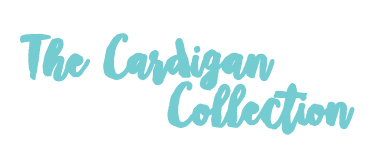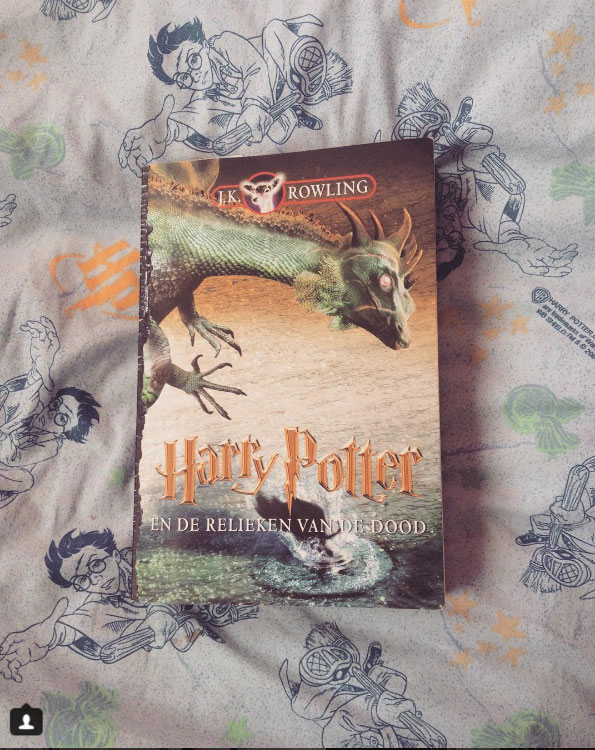I can be really harsh on some books. If I feel like a small detail doesn’t add up, it can really change my experience. I don’t know if it’s a coincidence, but a lot of them have a love triangle. But once in a while a book comes along where the downsides don’t seem to matter. Where the upsides make you want to physically hug all of it. The good, the bad, the ugly, the sad. You guessed it, The Upside of Unrequited is one of those books for me.
Seriously, there were a couple of times where I held this book close to my chest. In public. It was just that good. Becky Albertalli really captured teenage insecurities on love. Actually there’s a lot of feelings in this book I still go through. The wanting to date, but not wanting to go through the process and the feeling awkward when people discuss intimate details are only a few. I still haven’t figured out how people get a boyfriend or a girlfriend. Then again, I guess it just happens.

There’s a whole list of diversity this book can check off – in one person. I’ve heard some people find this too much, but it didn’t really bother me. I guess to some it could feel like Becky was forcing it, but I bet there’s wonderful people with a mix of these things living in our world. I think it’s nice that someone like that was given a voice. Then again I’m the type of person that can watch videos about LGBT+ and other diversity issues for literally 6 hours straight. No pun intended. The only checklists I needed was that Molly watches Steven Universe and that a character in this likes penguins (aka my favorite animal). That was seriously the moment I decided I loved this book. I guess it’s because fan culture is such a huge part of my life that I get really excited when even characters share something I like.
Becky is a queen when it comes to writing characters I want to befriend. Her own voice is funny in a non-vicious way, but trust me she’s sharp and witty. Molly’s thoughts and insecurities can be relatable, but also downright adorable. Although I have to say this isn’t as relevant and lifechanging as Simon vs. the Homosapiens Agenda was. The Upside of Unrequited is a wonderfully executed YA-novel that is worth reading because of its funny and cute writing. There’s a lot Becky wants to tackle. From the many diverse things about Molly to YA-tropes like love triangles and finding selfconfidence. Maybe at times there’s a little too much going on. But it doesn’t matter because I want to hug every sentence.
And as a writer I’ve decided that I should write about diversity everytime I wonder if it’ll be too much. Because these people are out there and they need a voice. Or do we really want YA-heroines that are exactly the same? Skinny, white, in love with two boys, clumsy but good at fighting and that don’t even have a funny bone in their pinky.
P.S: Can you get these mini eggs in The Netherlands? I must know how they compare to Oreos.








